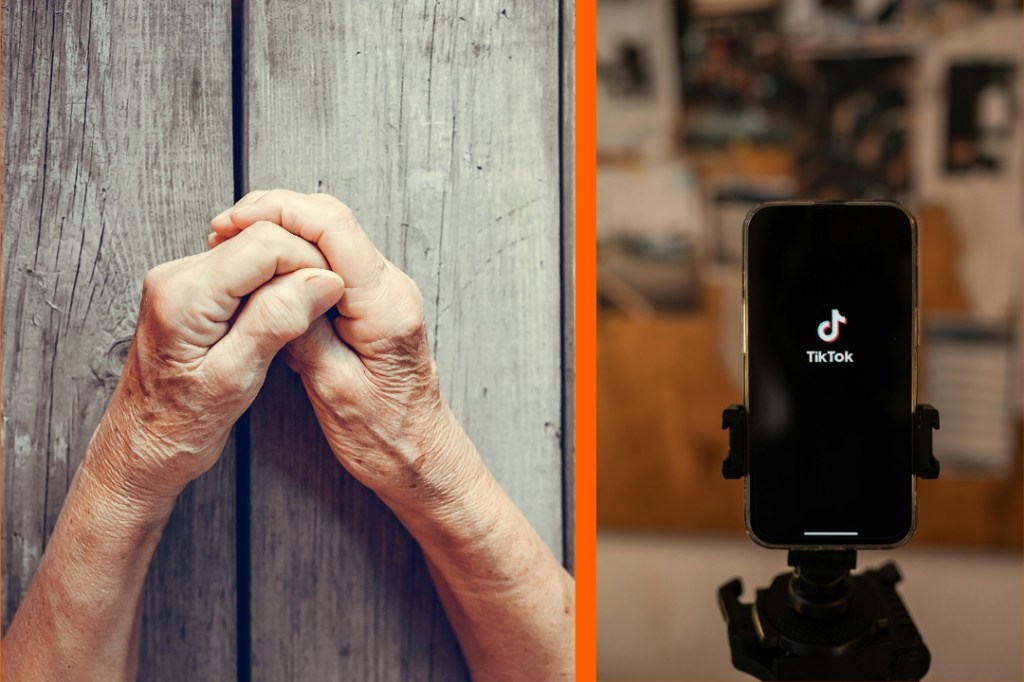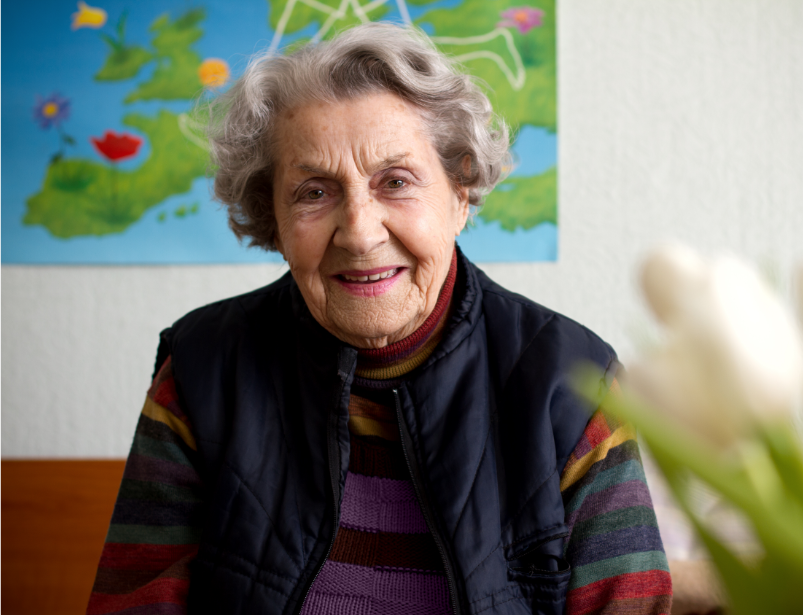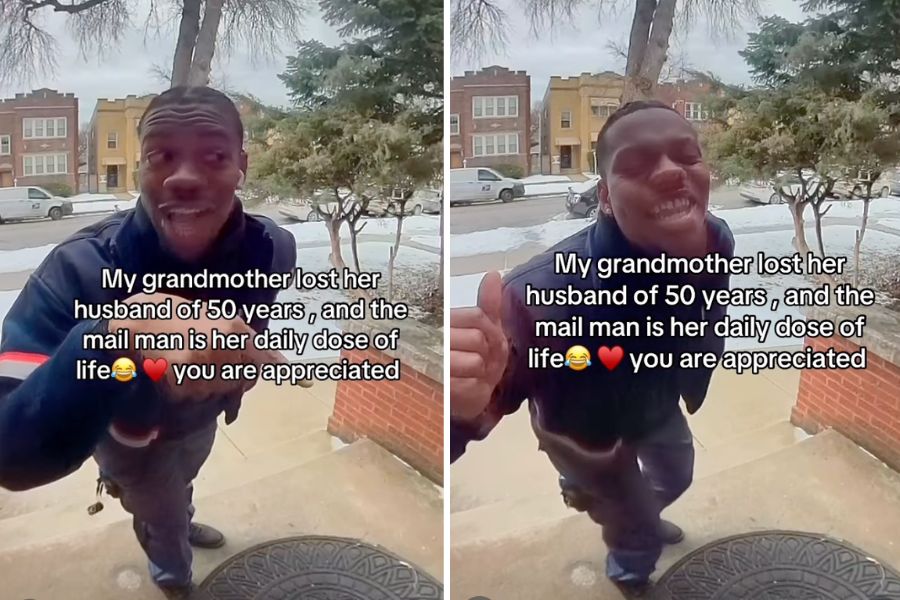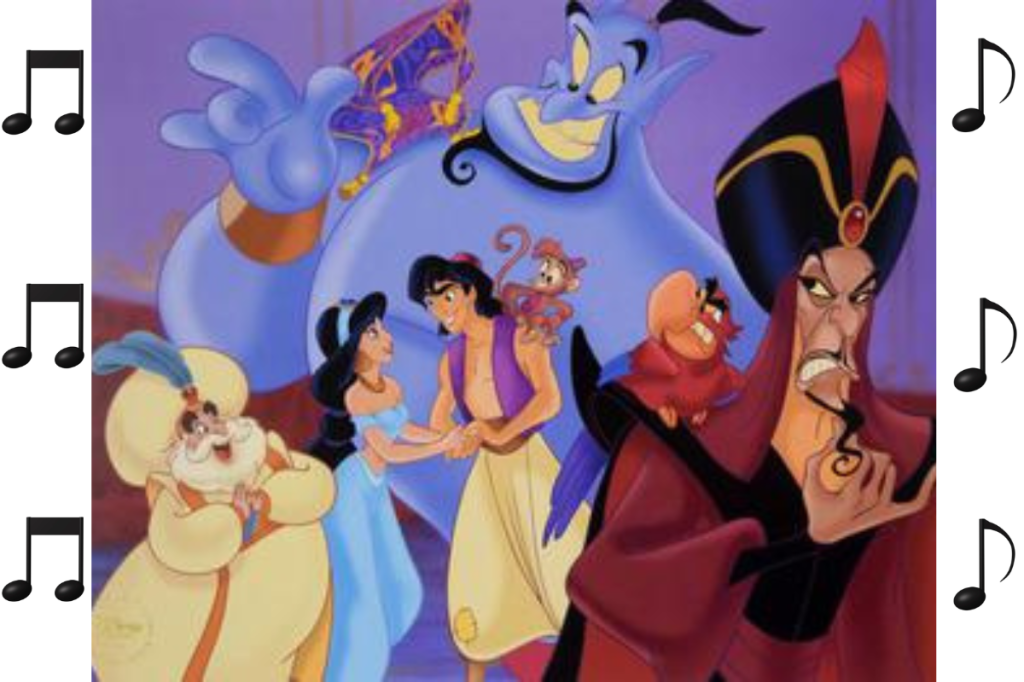If you thought cats were quirky, wait until you hear about the humans who have cats in their workplace.
In the popular AITA subreddit, in which people share personal stories and ask other users “Am I the Asshole?” it’s common to find bizarre scenarios in which people behave in head-scratching ways. But a recent AITA inquiry takes the prize for the most hilarious, strange and thoroughly entertaining saga of workplace weirdness ever shared.
The initial story shared by Reddit user u/throwawayorangecat is funny enough, but the follow-up is even better.
Redditor u/throwawayorange cat, who works at in an undisclosed profession that involves providing “service to clients in very sad/stressful points in their lives” wrote:
“We have two workplace cats in one area of our worksites. They add value to the worksite, we all love the cats and the worksite cat presence is not the issue. One of the cats (Jean) is a tortoiseshell cat we have had for years. The other cat (Jorts) is a large orange cat and a recent addition.
Jorts is just… kind of a simple guy. For example, Jorts can’t open a door even when it’s ajar— he shoves it whether he is going in or out, so often he closes the door he is trying to go through. This means he is often trapped inside the place he was trying to exit and meows until he is rescued.
My colleague Pam (not her real name) has been spending a lot of time trying to teach Jorts things. The doors thing is the main example — it’s a real issue because the cats are fed in a closet and Jorts keeps pushing the door closed. Jean can actually open all the other interior doors since they are a lever type knob, but she can’t open this particular door if she is trapped INSIDE the closet.
Tortie Jean is very nice to poor orange Jorts, and she is kept busy letting him out of rooms he has trapped himself in, so this seems easy to resolve. I put down a door stop.
Pam then said I was depriving Jorts of the ‘chance to learn’ and kept removing the doorstop. She set up a series of special learning activities for Jorts, and tried to put these tasks on the whiteboard of daily team tasks (I erased them). She thinks we need to teach him how to clean himself better and how to get out of minor barriers like when he gets a cup stuck on his head, etc. I love Jorts but he’s just dumb af and we can’t change that.
Don’t get me wrong— watching her try to teach Jorts how to walk through a door is hilarious, but Jean got locked in the closet twice last week. Yesterday I installed a cat cutout thing in the door and Pam started getting really huffy. I made a gentle joke about ‘you can’t expect Jean’s tortoiseshell smarts from orange cat Jorts’ which made Pam FURIOUS. She started crying and left the hallway, then sent an email to the group (including volunteers) and went home early.
In her email Pam said I was ‘perpetuating ethnic stereotypes by saying orange cats are dumb’ and is demanding a racial sensitivity training before she will return. I don’t think it’s relevant but just in case, Pam is a white person in a mostly minority staff (and no she is not ginger/does not have red hair).
TL;DR: AITA for ‘enforcing an ethnic stereotype’ by joking that orange cats are often dumb?”
The responses to the original post were decidedly in the “No, you’re not the a-hole” camp, with comments ranging from “Um, you can’t be racist against an animal,” to “Why is Pam spending so much of her work time trying to train a cat?” Others chimed in with their own experiences with dumb orange male cats.
Then came the update—oh, the glorious update—that took the whole thing to a whole other buttery level.
“Thanks for responding to my query which had truly upset me. I work to have a good relationship with my team and the situation had gotten weird so gradually that I lost perspective.
I just met with HR, she had already met with Pam. HR was concerned about Pam’s comparing ethnic stereotypes with giving a cat a doorstop and they addressed that which went well. HR will follow up to make sure Pam understands. (The replies to my query were helpful to me for this discussion.)
HR also addressed Pam assigning other staff Jorts-related tutoring, as it is not appropriate for Pam to assign others work. This also went well.
We both think Pam had a hard time with the transition from volunteer to staff, and may have ‘new kid’ sensitivity projected to Jorts. Pam got emotional about her perception that I favor Jean over Jorts and gave specific examples. Some of these things are fair. Jorts deserves respect as a member of our team.
There are 3 buildings in our workplace. Jean and Jorts are limited to one. HR told me there were 5 holdouts about vaccines, and restricting unvaccinated people from entering the building (to protect Jean and Jorts) was enough to win over 4 of them. That’s CRAZY, but great.
More importantly: the cats’ presence greatly enhances our work with our clients, and Jorts’ friendly nature has been so great. Both cats truly are doing important work. Truly Jorts deserves to be treated with respect.
We all deserve to be treated with dignity at work, so I will apologize to Jorts about some things that were insensitive or disrespectful.
a. Jean has a nice cat bed with her name on it, while Jorts has chosen an old boot tray in my office with a towel in it. Recently a visitor put wet boots in the boot tray and Pam saw Jorts sleeping on the wet boots. I bought a bed for Jorts today and a name tag has been ordered.
b. I will apologize to Jorts and remove the sign saying ‘DAYS SINCE JORTS HAD A TRASH CAN MISHAP: 0’ Jorts likes to fish dirty paper cups out and he often falls into the bin or gets a cup stuck on his head, etc. (He is able to get out of the bin by tipping it over so it isn’t a safety issue.)
c. Jean’s ‘staff bio’ has a photo of Jean, while Jorts’ bio has a photo of a sweet potato. I did not actually know either cat had a staff bio, but we will use a photo of Jorts instead of a sweet potato.
HR also suggested changing Pam’s duties so she is ‘in charge’ of the cats. This I refused, the cats are my staff, not Pam’s. I think Pam was well-intended but actually not meeting the needs of either Jean or Jorts so they remain under my supervision. (Pam is also not to put cups on Jorts’ head or intentionally put him into frustrating situations given his unique needs.)
Lastly, and this made us both laugh so hard we can’t deal with it in person and will be said via email: Pam admits that she has been putting margarine on Jorts in an attempt to teach him to groom himself better. This may explain the diarrhea problem Jean developed (which required a vet visit).
Pam is NOT to apply margarine to any of her coworkers. Jean has shown she is willing to be in charge of helping Jorts stay clean. If this task becomes onerous for Jean, we can have a groomer help. I am crying laughing typing this.
added: I’m so glad this brought joy. Fan mail can be directed to jortsandjean @ gmail dot com.
or follow the Jorts and Jean joke account on twitter @JortsTheCat”
She buttered the cat. Oh, Pam.
The tale of Jean and Jorts launched a flurry of responses from the hilarious creatives of the internet, from memes to poetry.
People even started getting literary with the Jorts jokes, from a parody of a William Carlos Williams poem:
To a “Pride and Prejudice” comparison:
To a well-known “Lord of the Rings” quote:
Who knew that workplace cats could provide such ongoing entertainment for countless pandemic-weary humans? Thank you, “Pam” for being such a quirky coworker and giving us all a reason to cheer for Jorts, the dumb orange cat.

































